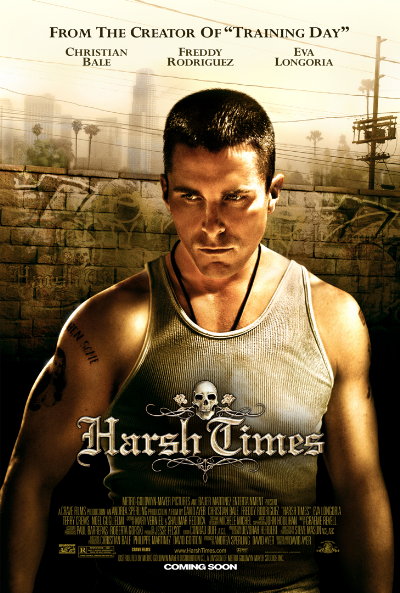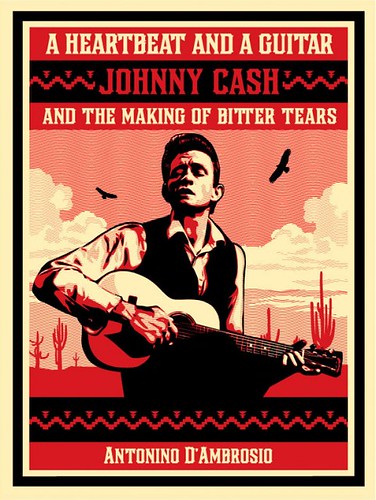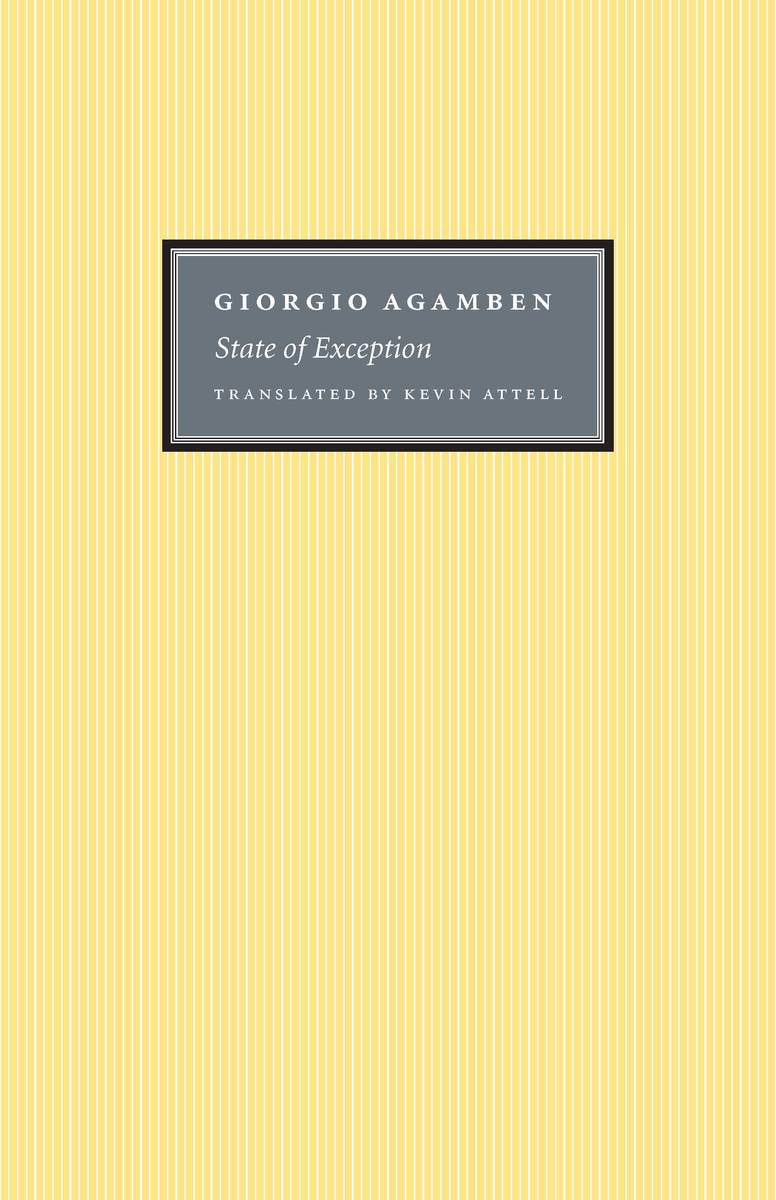(Notes)
Bakhtin, Mikhail. Speech Genres and Other Late Essays. Trans. V.W. McGee. Austin: U of Texas P, 1986.
{MB—from Introduction by Vern W. McGee ix-xxiii}
In Bakhtin’s thought the place from which we speak plays an important role in determining what we say (x).
Working as always with a specular subject (a self derived from the other), he makes it clear that speakers always shape an utterance not only according to the object of discourse (what they are talking about) and their immediate addressee (whom they are speaking to), but also according to the particular image in which they model the belief they will be understood {MB—Bakhtin understands this image to be a higher power, an abstract concept, a discipline or body of knowledge, a political institution, humanity in general, etc…}, , a belief that is the a priori of all speech. (xviii)
A common theme running throughout is the need to exceed boundaries, while still recognizing that only through awareness of the very real restraints at work in mental and social life can we do so. (xix)
A note of caution is in order here: Bakhtin’s call to liberation is everywhere informed by a stern awareness of necessity’s central place in the biological limits of our perception, the structure of language, and the laws of society. Our very status as the subjects of our own lives depends on the necessary presence of other subjects. Thus, when Bakhtin says “we are suffocating in the captivity of narrow and homogeneous interpretations,” he is not suggesting there is some freedom beyond interpretation. All understanding is constrained by borders: freedom consists in knowing insofar as possible—for our ability to know is controlled by contextual factors larger then mere individual intention—what those borders are, so that they may be substituted by, translated into different borders. Speech genres provide a good example of this relative degree of freedom: the better we know possible variants of the genres that are appropriate to a given situation, the more choice we have among them. Up to a point we may play with speech genres, but we cannot avoid being generic. There is no pure spontaneity, for breaking frames depends on the existence of frames. (xix)
Bakhtin is arguing here that art is only one (if a fundamentally important) sphere of the larger activity of aesthetics, which encompasses as well most other aspects of life as lived by men and women who manifest their humanity by authoring utterances. Just as in the logosphere that is our home there are genres at work in all our speech, not just in art speech, so is there “everyday ritual,” ritual not confined merely to political or religious life (xx). {MB—end of introductory comments}
There exists a very strong, but one-sided and thus untrustworthy, idea that in order better to understand a foreign culture, one must enter into it, forgetting one’s own, and view the world through the eyes of this foreign culture. This idea, as I said, is one-sided. Of course, a certain entry as a living being into a foreign culture, the possibility of seeing through its eyes, is a necessary part of the process of understanding it; but if this were the only aspect of this understanding, it would merely be duplication and would not entail anything new or enriching. Creative understanding does not renounce itself, its own place in time, its own culture; and it forgets nothing. In order to understand, it is immensely important for the person who understands to be located outside the object of his or her creative understanding—in time, in space, in culture. For one cannot even really see one’s own exterior and comprehend it as a whole, and no mirrors or photographs can help; our real exterior can be seen and understood only by other people, because they are located outside us in space and because they are others. (Bakhtin: 6-7)
In the realm of culture, outsideness is a most powerful factor in understanding. It is only in the eyes of another culture that foreign culture reveals itself fully and profoundly (but not maximally fully), because there will be cultures that see and understand even more). A meaning only reveals its depths once it has encountered and come into contact with another, foreign meaning: they engage in a kind of dialogue, which surmounts the closedness and one-sideness of these particular meanings, these cultures. We raise new questions for a foreign culture, ones that it did not raise itself; we seek answers to our own questions in it; and the foreign culture responds to us by revealing to us its new aspects and new semantic depths. Without one’s own questions one cannot creatively understand anything other or foreign (but, of course, the questions must be serious and sincere). Such a dialogic encounter of two cultures does not result in merging or mixing. Each retains its own unity and open totality, but they are mutually enriched. (Bakhtin: 7)
{MB--Dialogical speakers} do not expect passive understanding that, so to speak, only duplicates his own idea in someone else’s mind. Rather, he expects response, agreement, sympathy, objection, execution, and so forth. (69)
Each rejoinder, regardless of how brief and abrupt, has a specific quality of completion that expresses a particular position of the speaker, to which one may respond or may assume, with respect to it, a responsive position. (72) {MB says—Bakhtin reminding us that all “utterances” are socially situated; see Holloway/Kneale 1999, 77}
Understanding is always dialogic to some degree. (Bakhtin, “The Problem of the Text”: 111)
No natural phenomenon has “meaning,” only signs (including words) have meaning. (Bakhtin, 113) {MB—Thus, if Nature has meaning, it is as a sign/symbol we have constructed/recognized, not as nature itself.)
Can languages and dialects (territorial, social jargons), language (functional) styles (say, familiar daily speech and scientific language and so forth), enter into these relationships, that is, can they speak with one another and so forth? Only if a nonlinguistic approach is taken toward them, that is, if they are transformed into a “world view” (or some language or speech sense of the world), into a “viewpoint,” into “social voices,” and so forth. (Bakhtin, “The Problem of the Text”: 119)
With such transformations the language acquires a unique “author,” a speaking subject, a collective bearer of speech (people, nation, occupation, social group, and so forth). (Bakhtin, “The Problem of the Text”: 119)

















